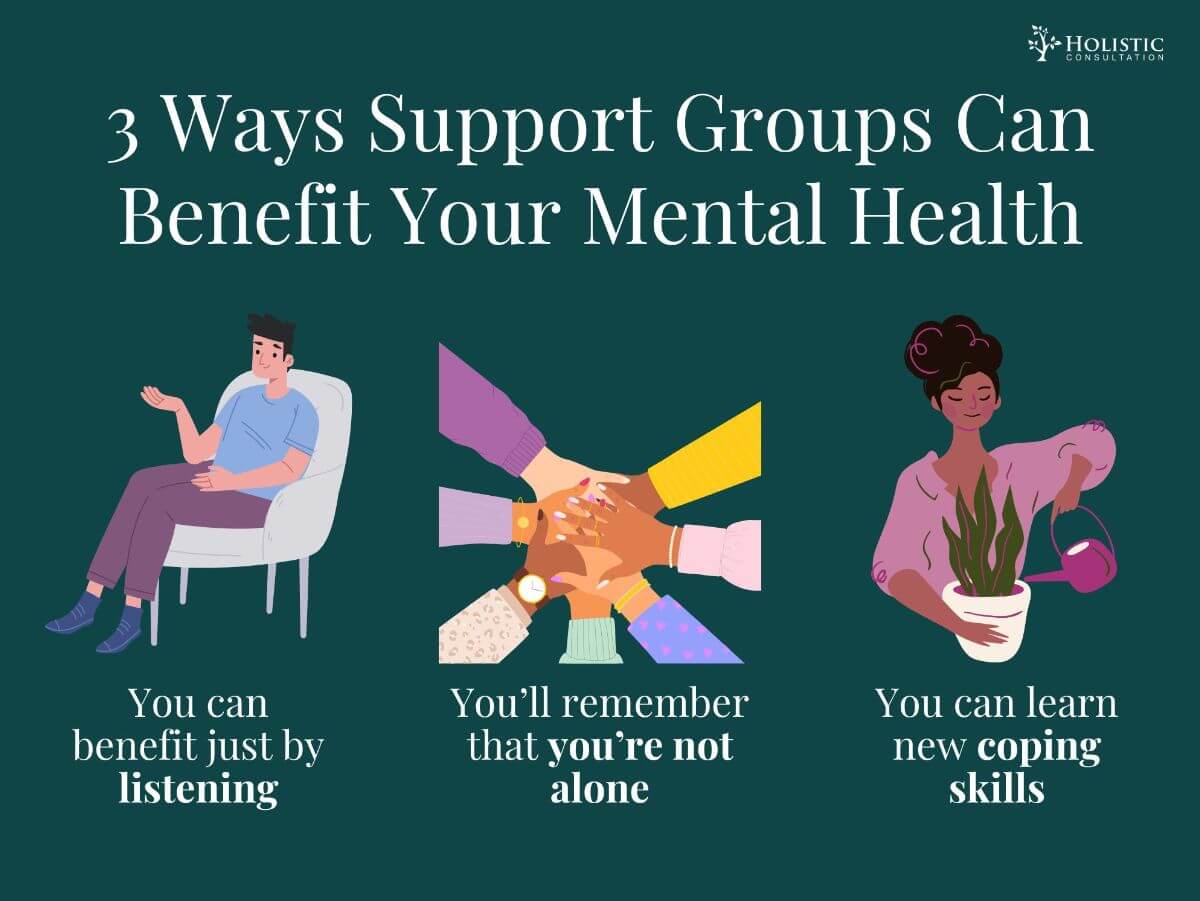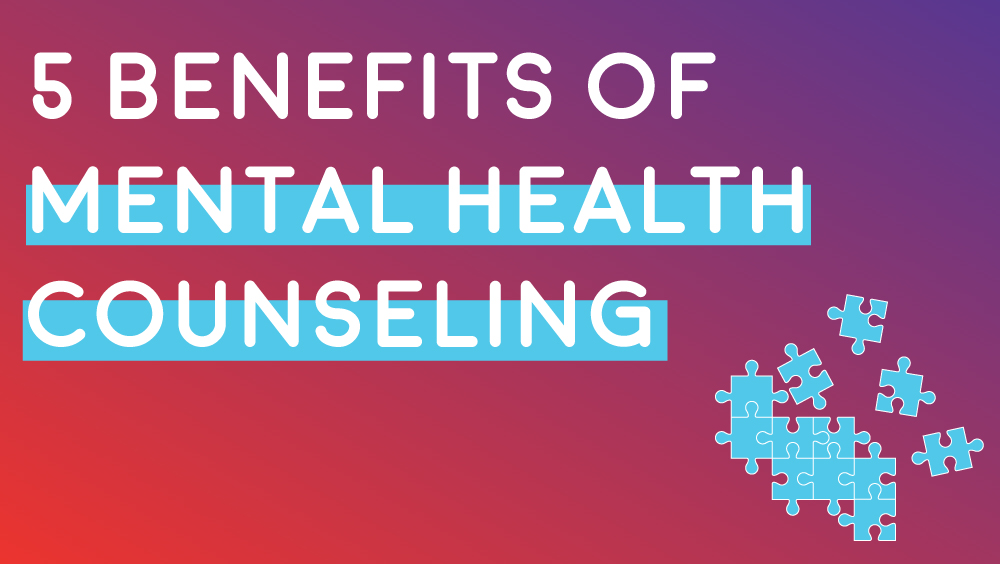The Best Strategy To Use For Mental Health Counseling
The Best Strategy To Use For Mental Health Counseling
Blog Article
The Ultimate Guide To Mental Health Counseling
Table of ContentsMental Health Counseling - An OverviewGetting The Mental Health Counseling To WorkMental Health Counseling for BeginnersThe Facts About Mental Health Counseling UncoveredGetting My Mental Health Counseling To Work
Via treatment, you can obtain understanding right into your very own patterns of habits and communication, which can cause more satisfying and satisfying relationships with pals, family members, and charming companions. What we assume, we show up. If you're consumed with negative emotions and adverse ideas that are interfering with your life, treatment can assist., or there are other adverse methods you behave. Treatment can assist you alter those actions that are having an adverse effect on your world and connections.

The significance of therapy goes past your mental health. Obtaining therapy to attend to certain facets of your life can help you be extra efficient in various other areas, consisting of job. Some research has also shown that there's a straight correlation in between looking for mental wellness assistance and a reduction in missed job.

Mental Health Counseling Can Be Fun For Everyone
There are also extra advantages of treatment than just the ones we have discussed., or build partnerships (enchanting or those with family members or good friends) in a healthy and balanced method.
For the function of the here and now study, perceived advantages and obstacles to mental health help-seeking are being discovered. Previous research study found that perceived obstacles have a significant effect on university trainees' health behavior selections (Von Ah, Ebert, Ngamvitroj, Park & Kang, 2003). Perceived benefits and obstacles to help-seeking were particularly chosen due to their impact on decision-making and eventually action (Glanz, Rimer, & Su, 2005).
The existing research looks for to take a look at whether or not preconception offers as an obstacle to treatment among university pupils. Amongst these were: (1) choosing to deal with mental health and wellness troubles themselves, (2) not having enough time to take part in therapy, (3) inquiries about whether mental health and wellness treatment is efficient in remediating troubles, (4) an idea that anxiety is normal or the trouble will certainly get far better without therapy, (5) absence of money, and (6) worry regarding what others would certainly believe if they found out regarding treatment engagement.
Staff in school psychological health and wellness centers may be perceived as hostile, and long wait times for services might be "off-putting" for trainees. Aspects assisting in much more positive attitudes are frequently at the contrary post of those aspects determined as barriers.
See This Report on Mental Health Counseling
One in three (34.6%) reported surviving campus and one in 4 (23.3%) reported living with moms and dads. Nearly fifty percent of students were entailed in campus companies and 1 in 10 reported remaining in a fraternity or sorority. Even more than one-third of students (38.1%) reported that they had a household member or close friend with a diagnosed psychological wellness condition.

A Biased View of Mental Health Counseling
Univariate F-tests recognized specific subscale items that substantially varied. Females were less likely than males to perceive individuals that most likely to therapy as emotionally weak, people who most likely to counseling as crazy, to feel that individuals with mental health troubles need to take site link care of troubles by themselves, that people who go to counseling as not able to solve problems, that individuals who go to therapy slouch, and to feel that individuals who go to therapy are various from regular individuals in an unfavorable way.
Research study results disclosed that females were dramatically less most likely than males to hold stigma-related mindsets. This follows previous research study which also located that men hold higher levels of regarded preconception than females (Chandra & Minkovitz, 2006). Based upon study findings, it is apparent that men might be less likely than ladies to seek treatment as a result of low viewed barriers along with high stigma-related mindsets.
The smart Trick of Mental Health Counseling That Nobody is Talking About
In addition, university health and wellness specialists may offer instructional programs targeting men with info on the benefits of psychological wellness treatment and the significance of looking for aid when needed., the present study found no substantial distinctions in the number of viewed barriers to help-seeking actions based on sex.
Researchers Web Site speculate that this is largely because of conventional social standards and sex functions that characterized men based upon stamina and lack of emotional expression (Addis & Mahalik, 2003; Ang, Lim, Tan, & Yau, 2004; Mojtabai, 2007). Generally, there have been combined results amongst the university student populace relating to sex differences (Rosenthal & Wilson, 2008). This finding was unforeseen and could highlight that those that had gotten counseling important site had a far better idea of wait times and various other "gain access to" barriers that may make it difficult to start therapy. Possibly, individuals who have actually obtained counseling sight more obstacles than participants who have actually not received therapy since seeking therapy services once again can involve anxiety of self-disclosing personal details to a brand-new therapist.
Report this page